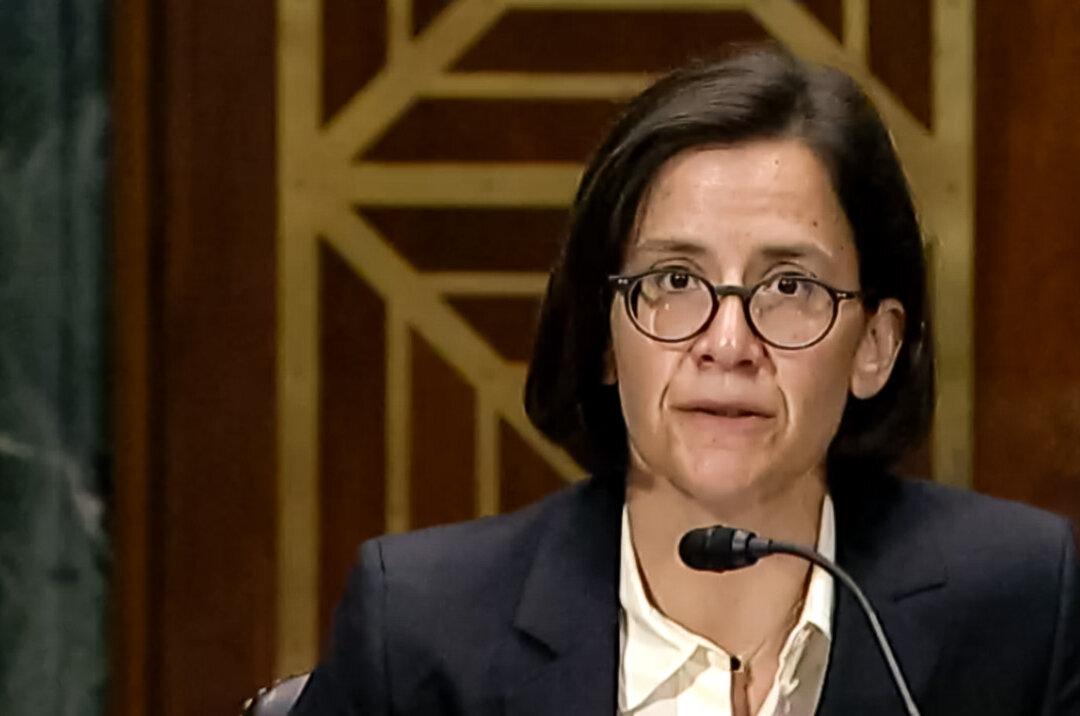A federal judge on Feb. 14 rejected an emergency bid by eight inspectors general fired by the Trump administration to have their jobs restored.
District Judge of the District of Columbia Ana Reyes forced the attorney for the inspectors general to drop the request for a temporary restraining order during a virtual hearing, opting instead for an expedited schedule to hear their request for a preliminary injunction.





